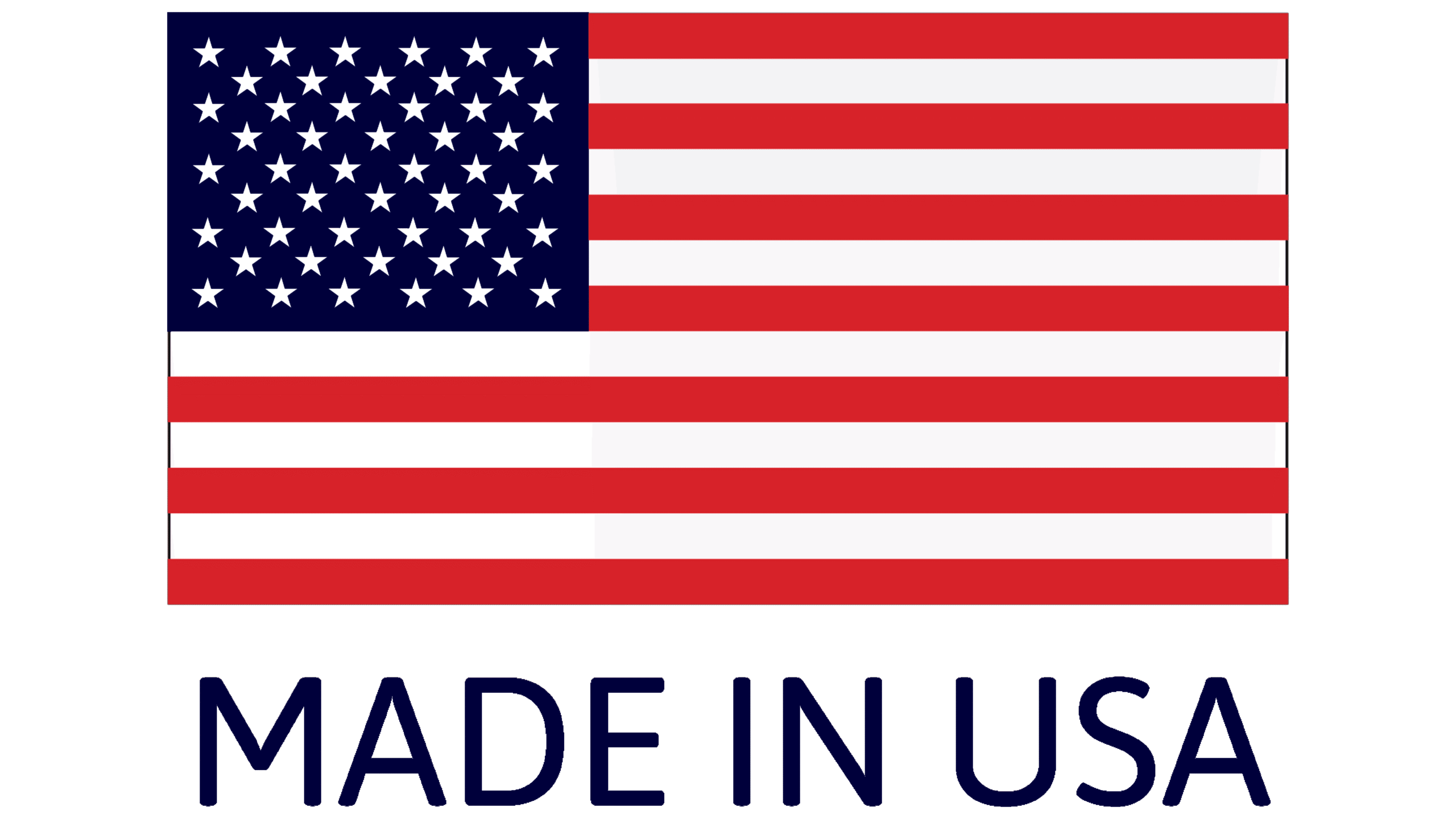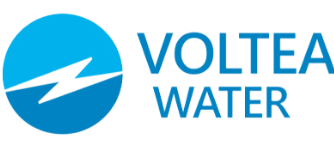Agriculture
VOLTEA’S CapDI© TECHNOLOGY SERVES WELL IN THE AGRICULTURE INDUSTRY, WHERE ITS TUNABILITY FEATURE ALLOWS EACH CROP THEIR OWN SALINITY AND MINERAL LEVELS.
WE DESIGN OUR SYSTEMS BASED ON THE TYPE OF APPLICATION AND REQUIRED WATER QUALITIES.
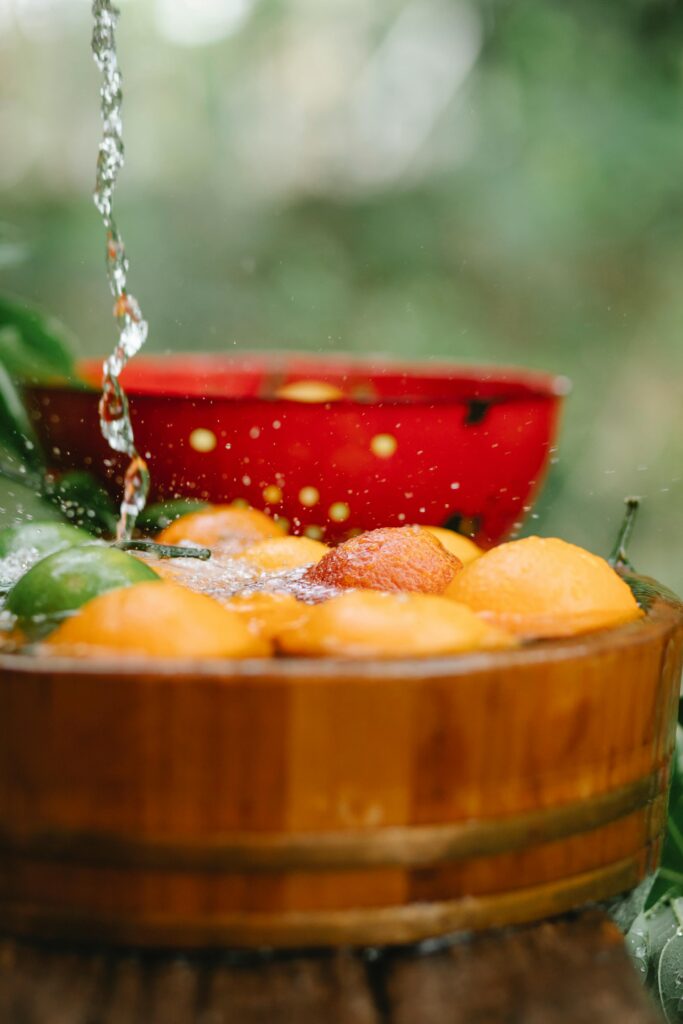
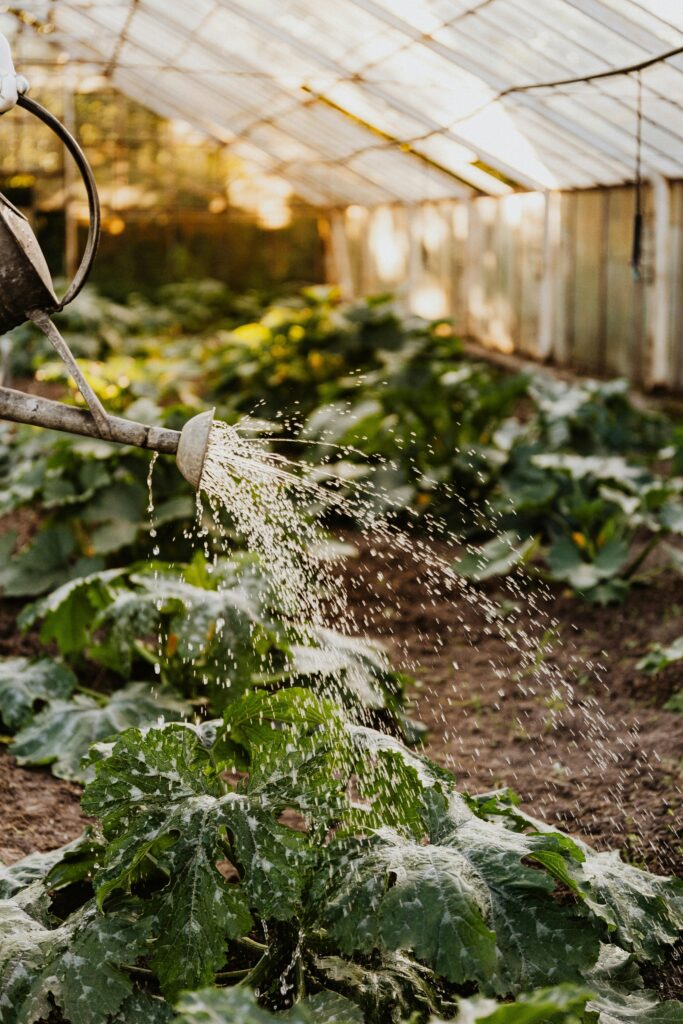
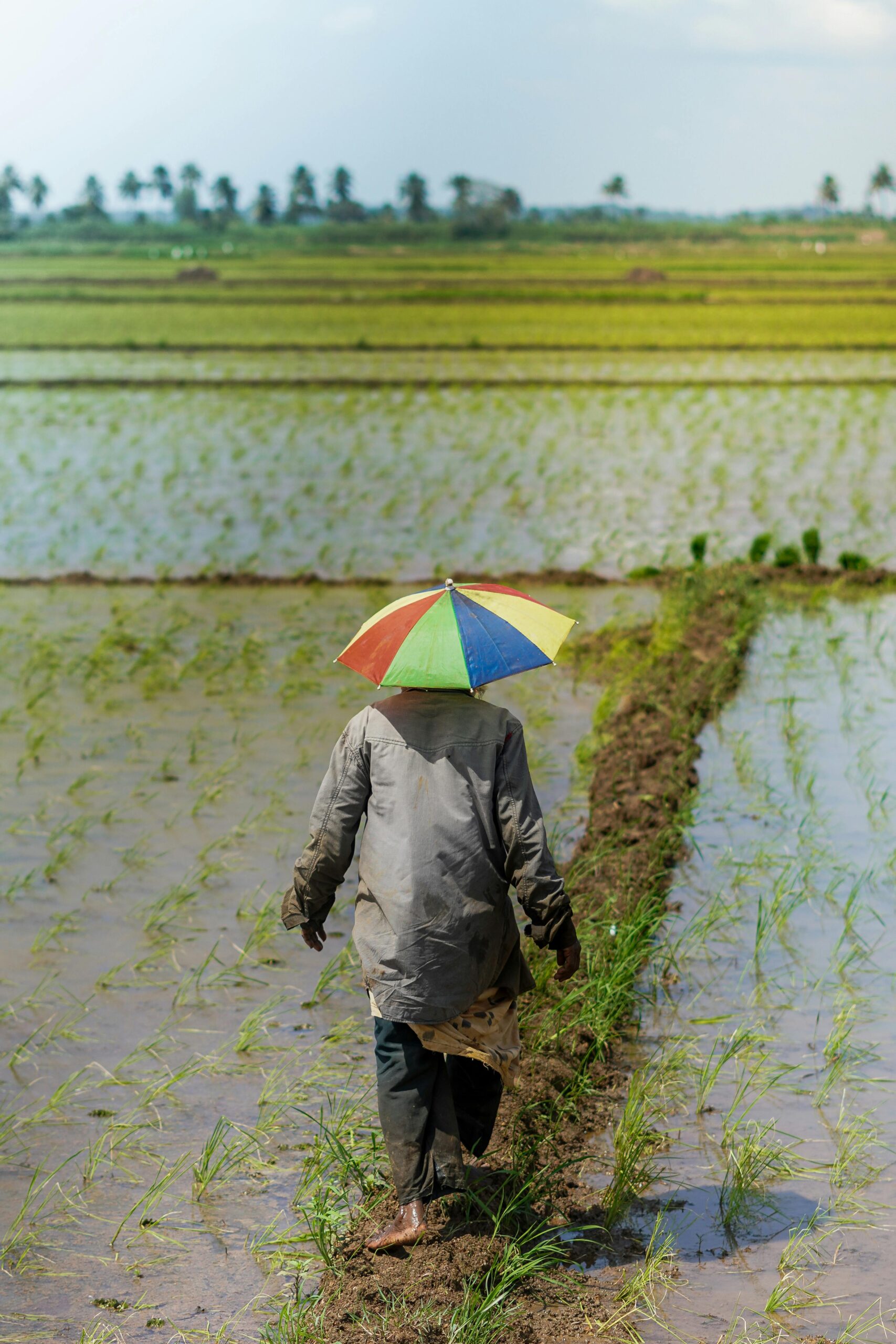
HORTICULTURE CASE STUDY
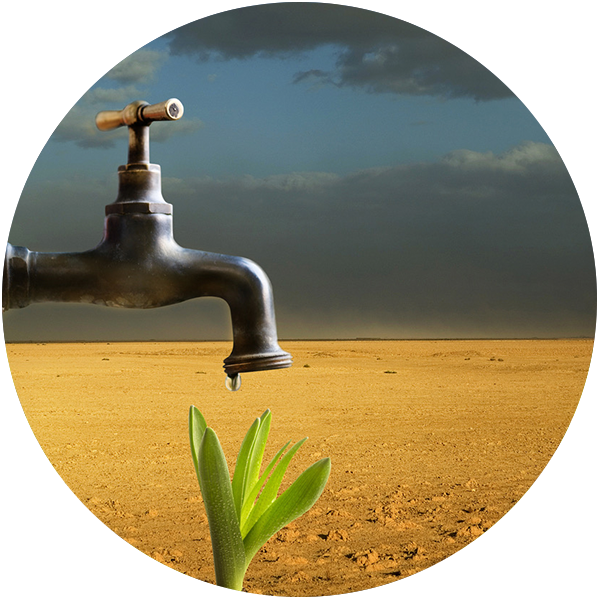
Agriculture is an important market for Mexico, with the industry employing 16% of the national workforce. Unfortunately, it also presents a huge, unsustainable demand on water sources. In Mexico, agriculture is responsible for 77% of the total water withdrawn. 38% of countrywide withdrawal is from groundwater aquifers, many of which are over-exploited and located where the annual rainfall volume is insufficient to replace the extraction rate. Water scarcity is causing increased salinity variability as well as increasing water prices, both of which are unfavorable for crop growers. The worse consequence is that for many crops, high salinity in irrigation water can cause significant reductions in yield
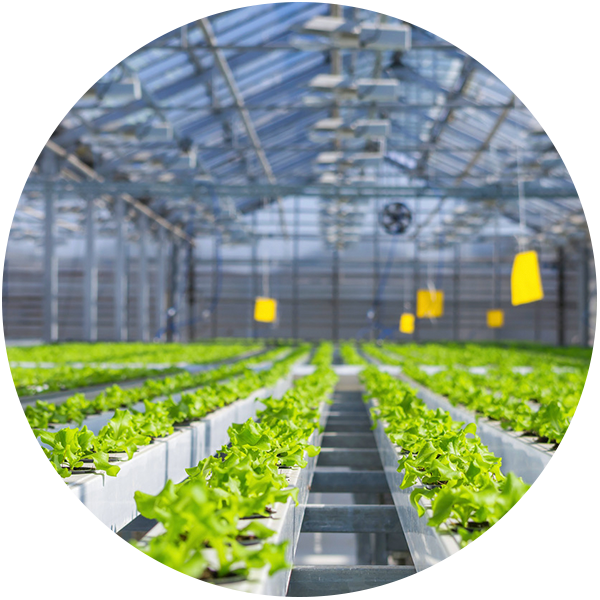
Voltea provided an IS-12 CapDI System, which requires minimal pre-treatment, handles silica levels up to 150 ppm, and features fully automated cleaning and remote monitoring to minimize user intervention and maintenance, allowing the customer to focus on their core business. The system tunably removes sodium and bicarbonates while retaining beneficial minerals in the grower’s irrigation water, enabling significant operational cost savings through reduced fertilizer use and on-site water reuse. With CapDI, the grower now grows seedlings in-house, eliminating third-party purchases and increasing profitability, while its tunable salt removal capability ensures precise sodium levels tailored to each crop by automatically adjusting for variations in feed water quality and flow rate to maintain consistent output.
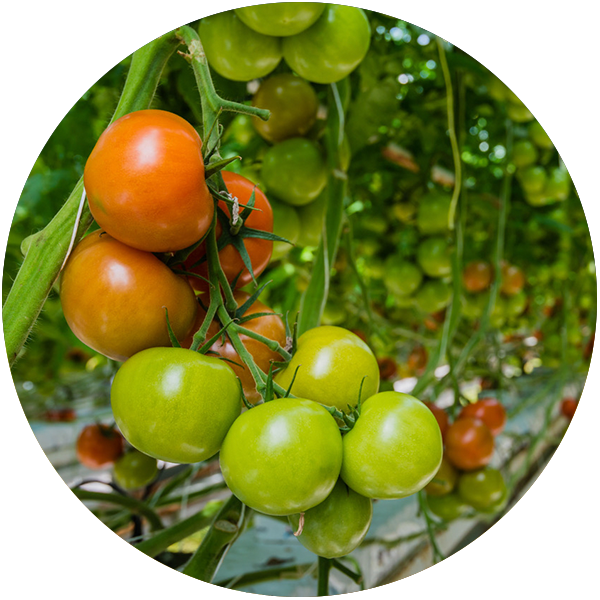
Voltea’s IS-12 CapDI System consistently delivered the quality and quantity of water needed to meet the customer’s demands, achieving 85% water recovery through a fully automated Cleaning-In-Place (CIP) process that automatically cleans the modules when a rise in differential pressure is detected. This ensures water is purified to a reusable quality, reducing the consumption of fresh deep well water and minimizing waste volume, which decreases treatment needs and lessens the aquifer's impact. By supporting crop production with reduced environmental impact, the CapDI System enhances long-term productivity and lowers operating expenses for the facility.
Voltea delivers electrically powered, precision-tuned water with the highest water recovery in the industry
